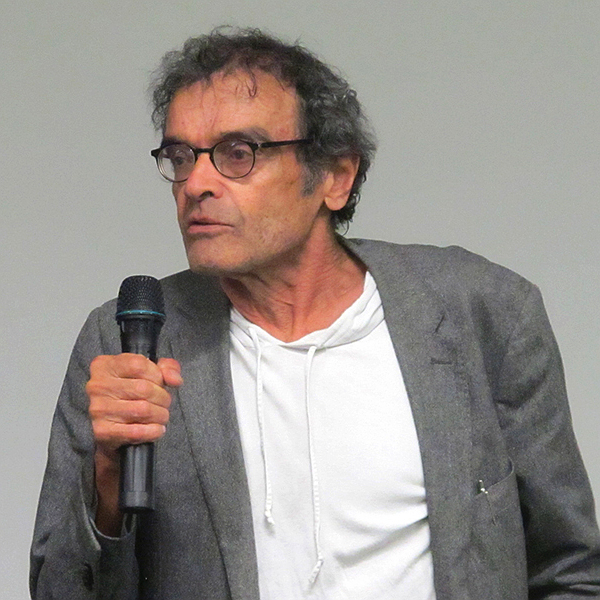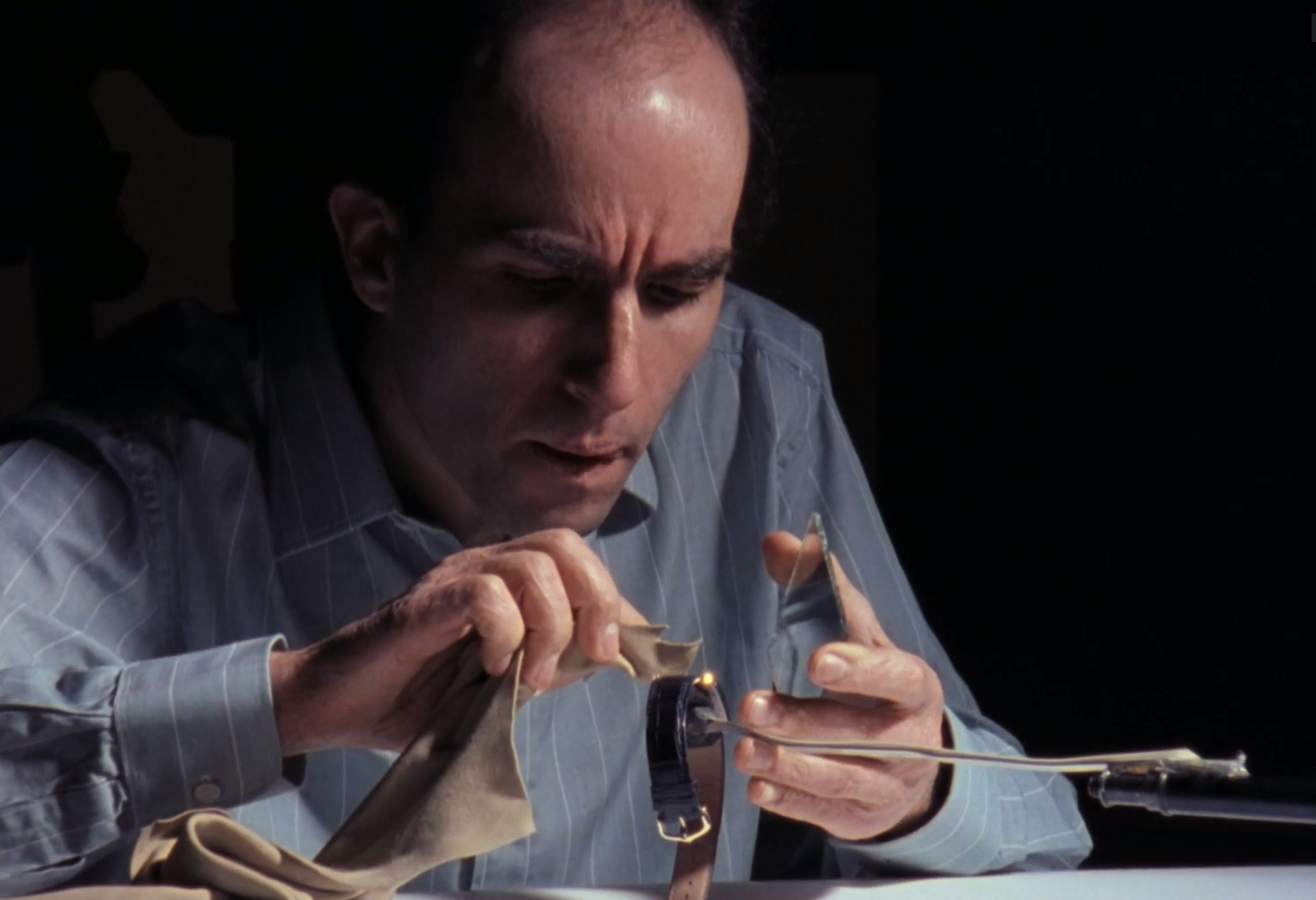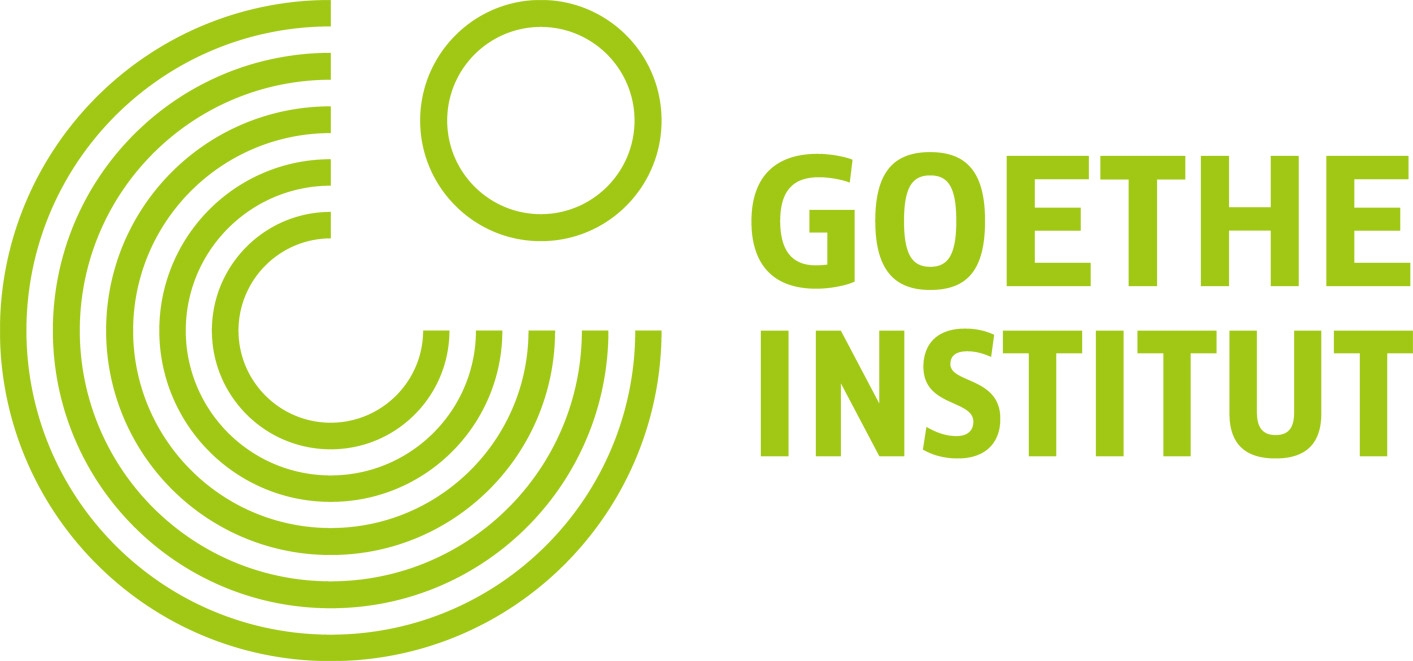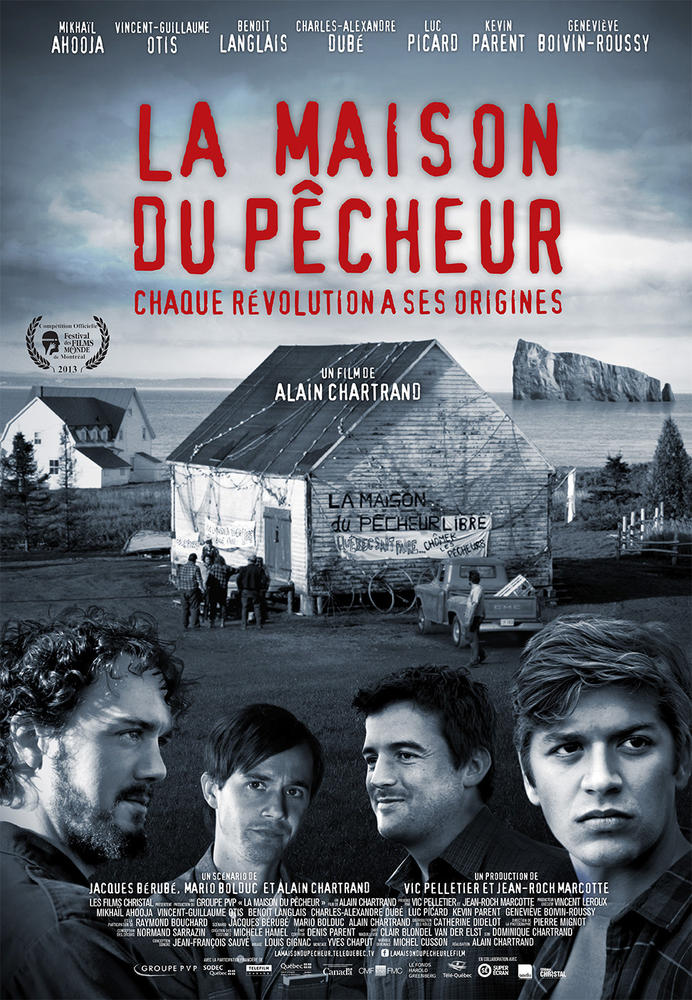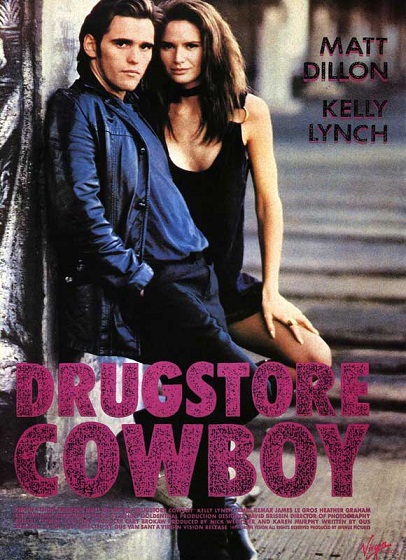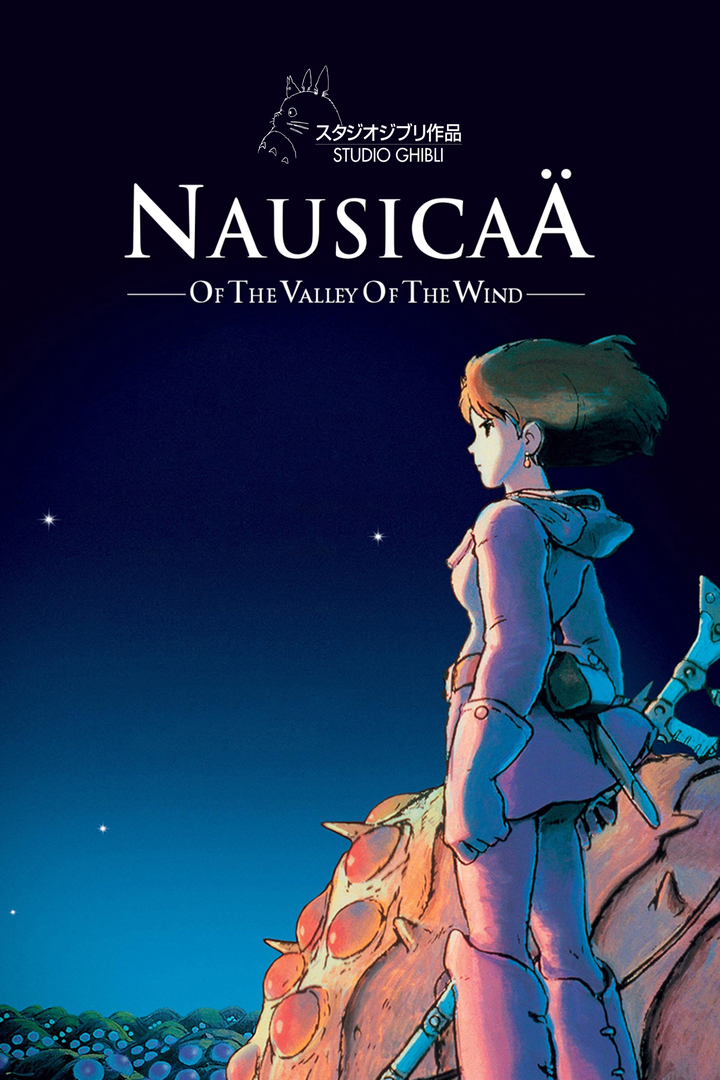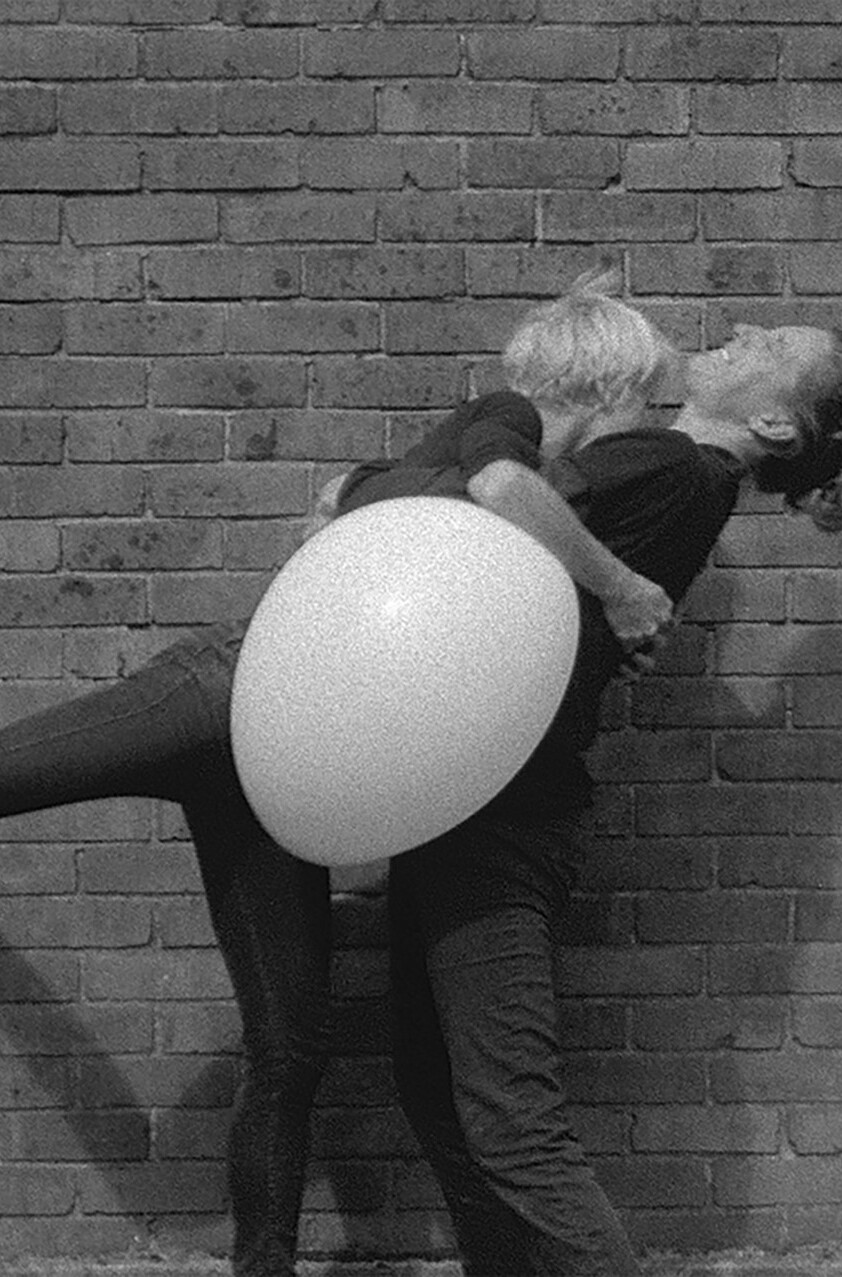Still Life + In Comparison
Harun Farocki is one of the leading figures of the film-essai movement in recent decades. His ambitious cinema takes viewers on an in-depth journey into the history of moving images and media, offering a sometimes scathing analysis of them. His approach goes beyond cinema, embracing literature and the visual arts. This cycle concludes with the opening lecture of a symposium dedicated to the filmmaker on the tenth anniversary of his death.
According to Harun Farocki, today's photographers working in advertising are, in a way, continuing the tradition of 17th century Flemish painters in that they depict objects from everyday life – the "still life". The filmmaker illustrates this intriguing hypothesis with three documentary sequences which show the photographers at work creating a contemporary "still life": a cheese-board, beer glasses and an expensive watch. (harunfarocki.de)
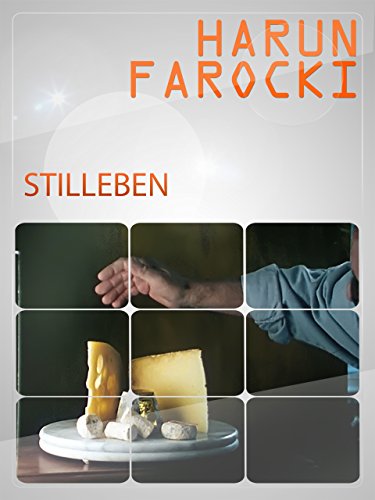
Farocki shows sites of brick prodution in their colours, movements and sounds. Brick burning, brick carrying, bricklaying, bricks on bricks, no voice-over. 20 intertitles in 60 minutes tell us something about the temporality of brickmaking processes. The film shows us that certain modes of production require their own duration and that differences between cultures can be shown in brick time. (Ute Holl)
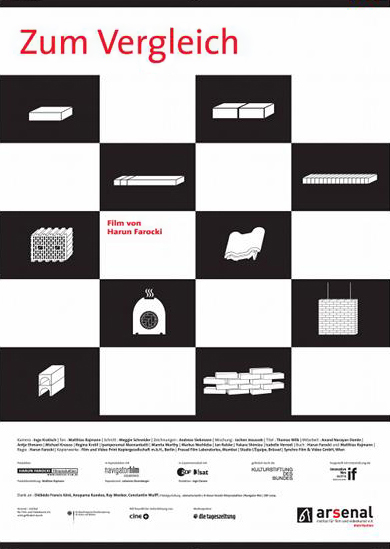
Harun Farocki
Born Harun Faroqhi in 1944 in Neutitschein, Bohemia-Moravia (in today's Czech Republic), to an Indian immigrant father and a German mother, Farocki grew up between India and Indonesia in the post-war period, before his family relocated to Germany in the late 1950s. Influenced by Bertolt Brecht, Theodor Adorno and Jean-Luc Godard, he studied at the German Film and Television Academy in Berlin and began directing his first films in the 1960s. From the outset, he turned to essays, experimental documentaries and installations, constantly questioning the political weight of images. He was also editor of the journal Filmkritik, and taught at the University of California in Berkeley, and at the Academy of Fine Arts in Vienna.
